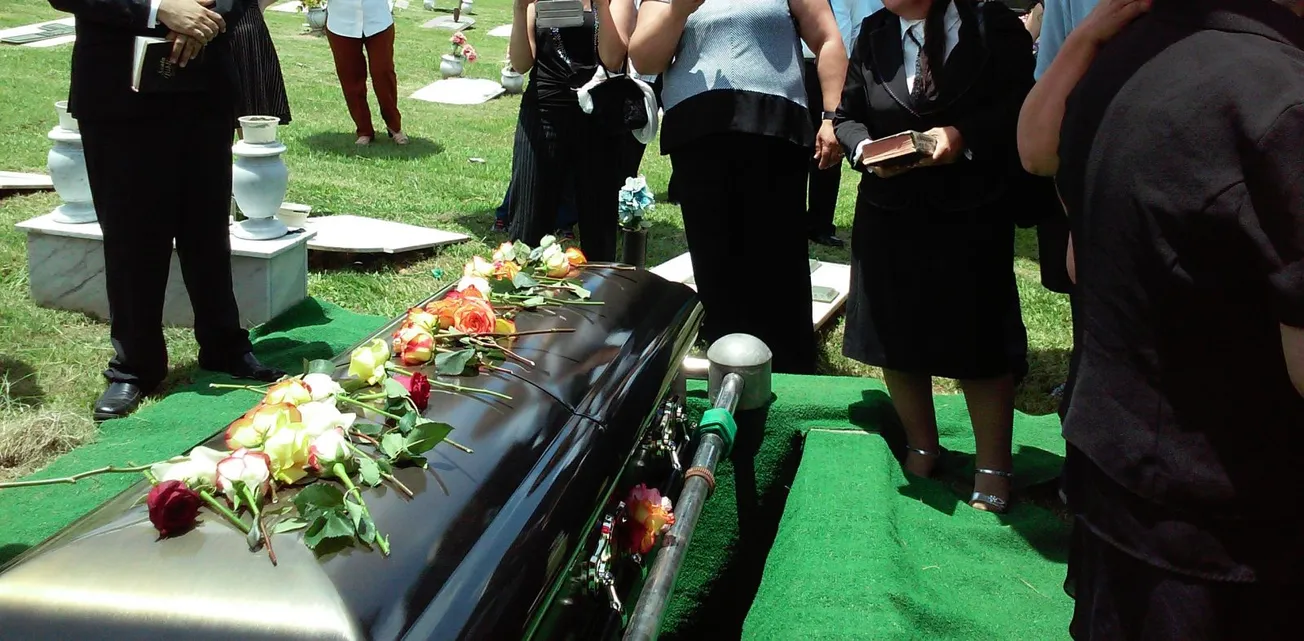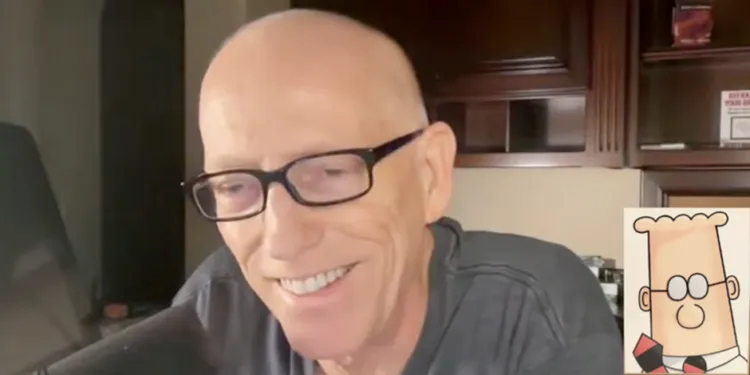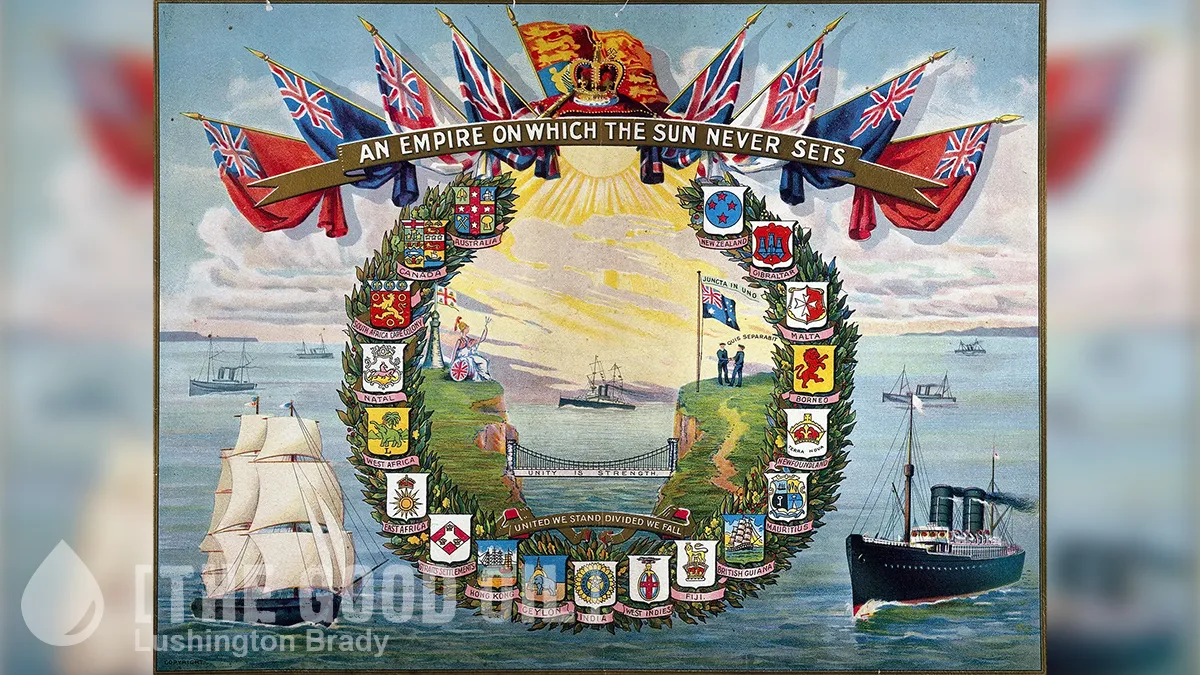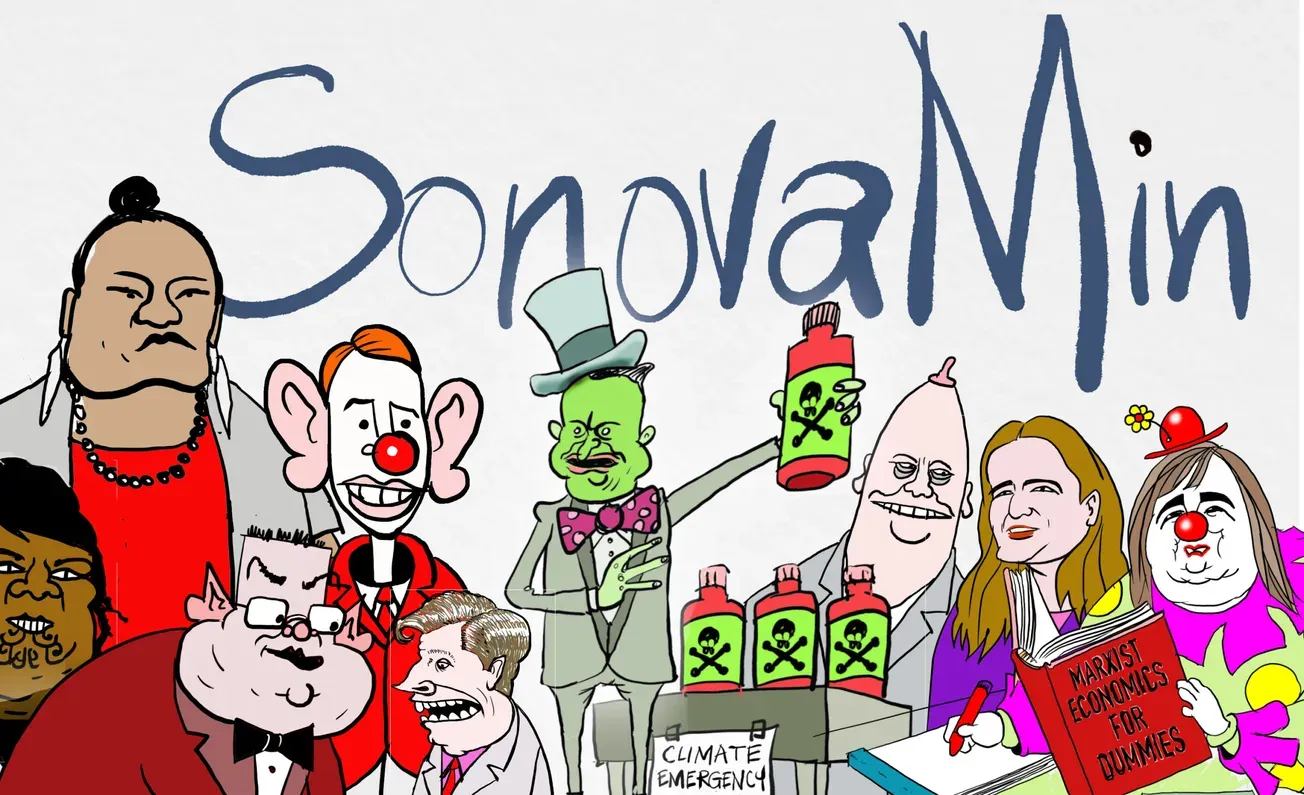Table of Contents
Christine Smith
Although I podcast and write for homeschooling families, my musings are primarily for parenting, homeschooling is secondary.
Parenting: Funerals, Reality and Children
Even though they are difficult events, death and funerals are part of our lives. I think it’s important to have thought through how you want to talk to your children and each other when someone close to them dies. Rather than wait until the inevitable, think and plan carefully how you will deal with death so you’re as ready as possible. Two things in life are certain: death and taxes.
When I was growing up, it wasn’t the ‘done’ thing to include children in the death and funeral process. I’m sure my parents thought they were doing the right thing at the time but eventually I was going to have to experience it and I think it would have been easier for me if I had been included in the rituals when I was younger.
The first person I remember dying was my great-grandmother. She taught me how to knit triangles from the single stitch to the longest row before casting off. It’s the only one-on-one memory I have of her, although I remember her presence. The first comment I have here is for the older readers. Actively engage with your grandchildren and great-grandchildren. Most likely, they will not come readily to you; you need to draw them in. It is your responsibility to do this, no matter how awkward it feels. Great-grandma knitted or crocheted each of the great-grandchildren a blanket. When I learned to knit at about 7 years or so, mum encouraged me to show my great-grandma. I needed something to go to her with; I wouldn’t have gone without a reason. Perhaps this is natural shyness or the general attitude that children should be off playing and the adults separate. I do remember her smiling my way, almost hoping for engagement. Anyway, mum was right. She had me up on the couch next to her as I showed her my knitted triangle. She wasn’t just polite, a child knows this; she loved that I came to her and she felt my knitting and encouraged me. She asked me if I knew about knitting it upside down and proceeded to show me. I was sitting to the left of her and I remember feeling her closeness. She was patient, showed me through, and guided my knitting. Once it was finished I left the couch. I wish she’d done more with me. I wish she had told me about life when she was a little girl.
It wasn’t too long after that she stopped coming to regular extended family dinners and I was told she’d died. Only the adults went to the funeral, the children being too young to understand. All I knew was she was with God, and I was happy with that explanation. Her blankets remained with us for years. I wish I still had it with its many darned patches. As a knitter, I know how much love and thinking go into a piece of work and I would have liked to hold it, look carefully at her stitches and feel her love.
When I was ten, Grandma died. We went to the hospital but we children had to wait in the corridor whilst my parents went into her room. It would’ve been good for me to see her for the last time. No, I didn’t know she was dying but children need to know about getting sick and Grandma not going to get better. They can cope with basic information.
I didn’t go to her funeral either. Maybe the adults wanted to spare the children from seeing adults upset. Perhaps that was part of it. But I think they didn’t realise excluding children only means they delay the reality of grief. Even a childish, immature experience of grief is still important in a young life. To live is to die and I still don’t understand why I was denied this reality. Especially as we were an evangelical Christian family, unafraid of death and certain of eternal destiny.
My husband and I chose to include our children in the funeral of their poppa. They were all young when he died. I don’t recall them viewing the body, we gave them the choice. They saw the tears, the laughter of recollections and the peace known by believers.
So that’s my second piece of advice: include your children in all life brings. The joyous births and the tearful farewells. Don’t deny them the entirety of life.
Sometime after Grandma died, I was walking around the garden with Grandpa. I knew he was sad but I didn’t know what to say. He must’ve sensed it because he picked up an empty snail shell and told me that was like what it was when someone died. The shell of their body remained but the part which was Grandma wasn’t there anymore. She was with the God she loved and followed in her life. It made perfect sense to me then and I still recall it when necessary. That was one of the first theological teachings via an everyday example that was easy for a child to understand.
However, he also told me he didn’t like Grandma’s pale purple roses anymore because they are the same colour as a dead person’s ear. I don’t know whether it was an attempt at a joke or not but it horrified me then and I still think of that when I see pale purple roses. Not so wise.
The third lesson: think carefully about what is age-appropriate to tell your children. A dead person is not asleep. Those words freaked me as a child because what if I was thought dead but I was only asleep? It wasn’t until I viewed a body at a Maori tangi that I realised a dead person doesn’t look asleep at all. Like the empty snail shell, I could see, the person was not there, only the body. I was so relieved! I was in my mid-20s. I should’ve known this years ago.
The first funeral I went to was for the great-aunt of my husband. I never knew her and my husband hardly did either. But we were in the same city and it was felt it was up to us to represent the Wanganui family there. I felt unsure and afraid because I’d never been to a funeral before.
Only you know what is appropriate for your children to be told. It’s easy for the pendulum of keeping children away from death to swing the other way and overwhelm them with what they cannot cope with. And each child is different in what they can understand. What I can say for sure is it is a mistake to hide this area of our lives from our children.
Tell them the truth. If you don’t know the answer, say so and find out. Much will depend on your faith but the Christian tradition, whether you practise it or not, does not believe that the dead person is with the angels, has become an angel or is singing in the stars. We do not believe in reincarnation or purgatory.
We believe in the resurrection of the dead and of God’s Kingdom on earth as it is in heaven. We have been redeemed by Christ’s death and resurrection. We are saved by God’s grace. I don’t mean that to sound like preaching but death tends to make us ponder the eternal.
The fourth lesson: Unless it’s a tragic funeral, I have come to view them as a chance for a mini-life audit. Each time I consider what is important in life and each time I’m surprised how far I moved from it.
What is important is people! Family, in particular. Death catches up with us all and as I get older the more I realise how little left there is of it. In the time I have left to me, I want to be used well and for others. Funerals help me sort priorities.
They also remind me my elderly parents have limited time with us. None of us knows when those we love will pass. Part of the mini-life audit is a reminder to spend time with them and value these chances. If you haven’t done it already, ask them questions about when they were young and what they remember about their grandparents. These moments are not only precious memories for the younger person listening but important opportunities to gather family history. When a child or teen asks their grandparent these things and then tells their own grandchildren in years to come, there is potentially up to 150 years or more of family history gathered. Future generations will thank you for these memoirs.
They’re also a good time to catch up with people and extended families. What is it about a funeral that generates the action of coming together and why do we wait for a funeral to do this? I suppose it’s because we don’t plan a funeral but we must plan a reunion.
It’s a good idea to talk to your elderly parents to plan a funeral and what will happen after their death. If they’re not happy to do this, don’t force it but do get some planning in for your sake and those of your family. The more basic plans are in place the more time you will have to deal with the shock and immediate grieving process, not just yours but others’, too. I’ve recently talked and planned with my parents and it’s a relief for them and me, to have discussed it and what they want. They also talked about some of their own experiences with funerals and we enjoyed a few laughs with black humour. These times I already hold as precious memories. My husband and I need to get on with planning, too.
And so to wrap up. When there’s a funeral include your children as much as is appropriate. If you need help to talk to them, get advice but don’t perpetuate unhelpful myths or misunderstandings. Don’t be afraid to let your children see you cry and grieve. If it means it’s time for you to sort out what you believe, then get onto that, too. Ask pertinent questions of your older family members whilst you still can, and get these recorded digitally or written down. And get funeral planning underway if you haven’t already.







